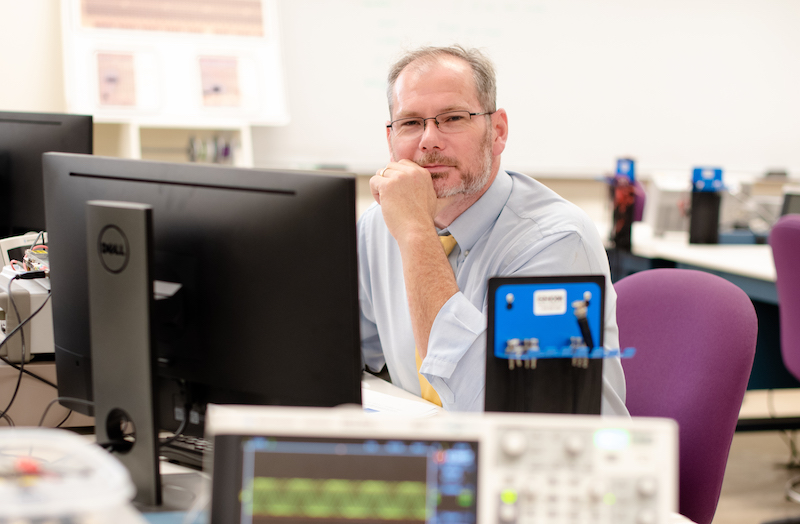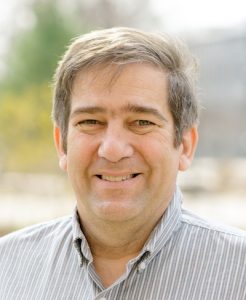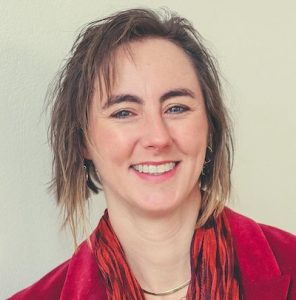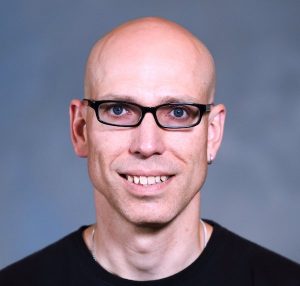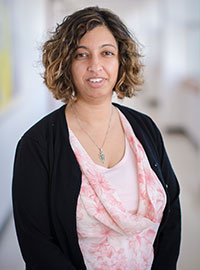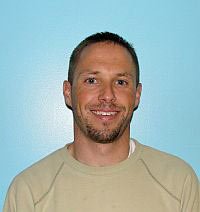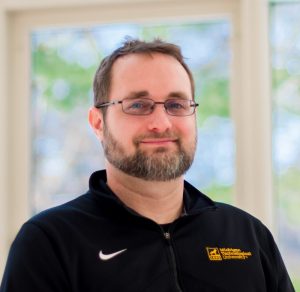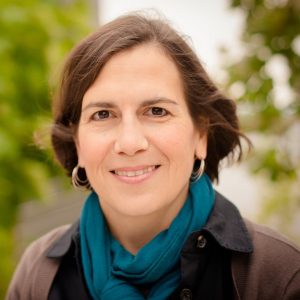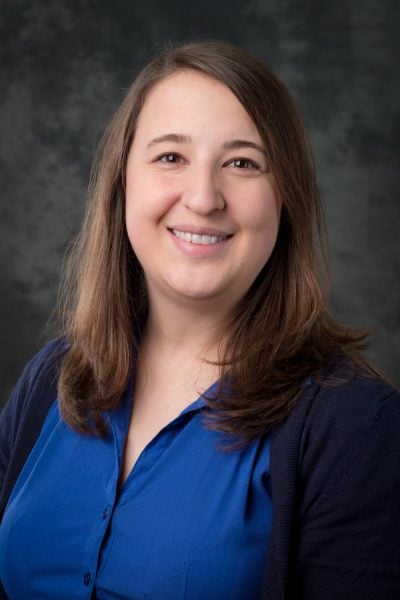
Dean Janet Callahan has selected David M. Labyak, assistant professor in the Department of Manufacturing and Mechanical Engineering Technology (MMET), for this spring’s Deans’ Teaching Showcase.
Labyak will be recognized at an end-of-term luncheon with other spring showcase members, and is a candidate for this summer’s CTL Instructional Award Series.
Labyak brings his 23 years of professional industry experience to life in the classroom. He relates engineering project examples from General Motors in manufacturing and process engineering; Copper Range Company and Raytheon Missile Systems in project engineering; and Great Lakes Sound and Vibration in simulation analysis. All offer students an endless supply of practical applications to help understand engineering theory.
Labyak first developed new assignments and restructured machine design courses MET 3242 and MET 3451. Then, he developed new graduate courses: MET 5800 and MET 5801 for the mechatronics M.S. and online course MFGE 5200 for the manufacturing engineering graduate certificate.
In these courses, Labyak relates course theory to industrial applications of sheet metal design and fabrication, mining facility maintenance, and missile assembly processes. In addition, he uses examples from his family-owned farm in Ontonagon, where he maintains tractors and farm equipment. Vibrations, reliability and fatigue in mechanical components such as bearings, gears, drive systems, clutches and brakes provide examples students can easily grasp.
Labyak’s ability to explain where and how students will utilize the course content in their careers also makes him a great recruiter and advisor. “David often volunteers to meet with prospective students and their families,” says John Irwin, chair of MMET. “His industry knowledge in terms of engineering needs provides insight to guide MET students throughout their career paths.”
MET alum Mickala Kohtz ’21 explains how Labyak was effective in teaching MET 4660 CAE and FEA Methods. “He took the time to understand the way that I learned best and would walk me through difficult concepts. Dave was always willing to help his students, whether it was after class, the weekends, and even to lend a listening ear about job offers or Senior Design help.”
Likewise, former student Joshua Olusola says Labyak is very friendly and open to students anytime you find him available, even on Saturdays. “He gave sufficient in-class practice questions to ensure that the concept was understood before he assigned homework.” MET 5801 was Olusola’s first encounter with the Simulink software, but he transitioned smoothly using instructional labs prior to lab assignments. “I would say almost every student who had a course with Dave always jumped at an opportunity to take another with him due to his exceptional teaching technique and friendly personality. These traits indeed made students more open to learning.”
Dean Callahan recognizes Labyak’s ability to connect with students. “The personal relationships that Dave is able to develop with his students demonstrates the best parts of the high-tech, high-touch education that is Michigan Tech’s trademark. He is an inspiration to us all.”
